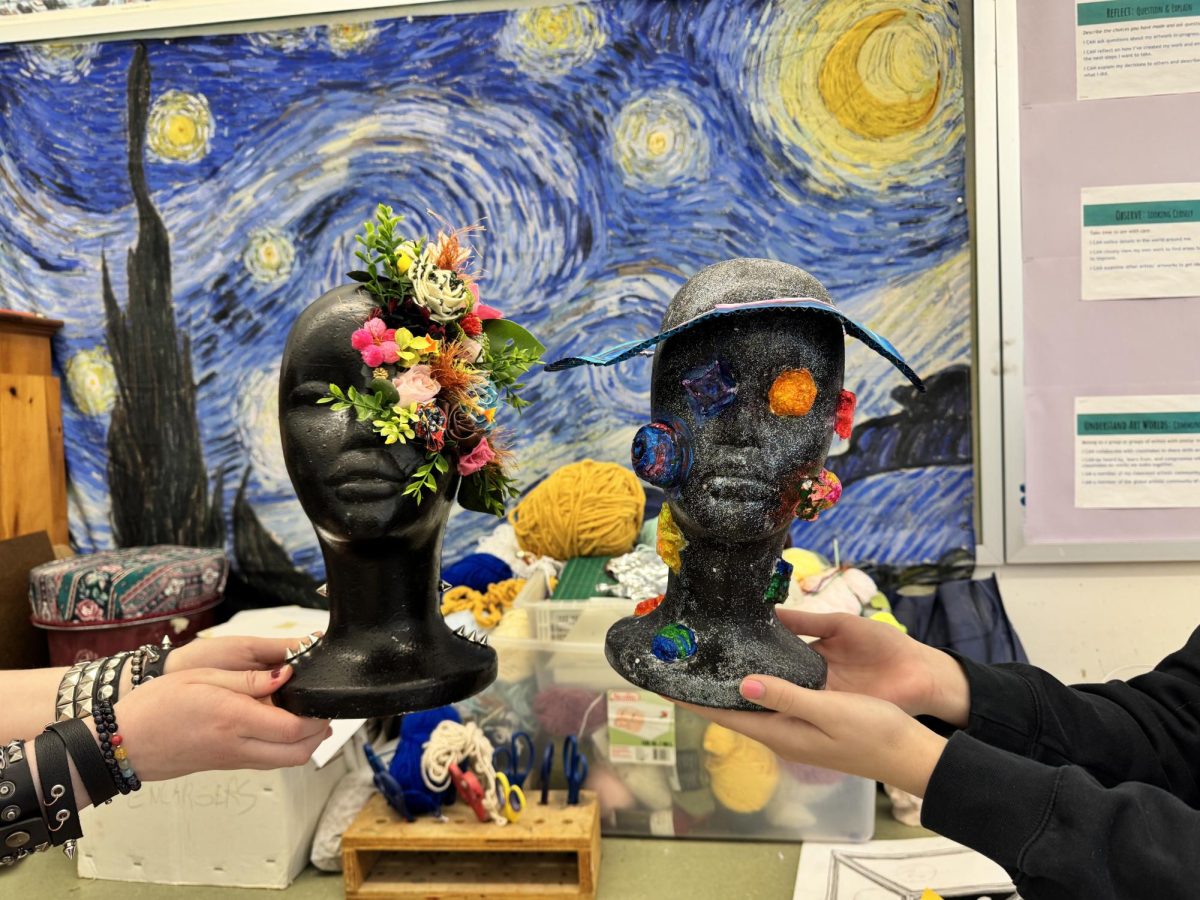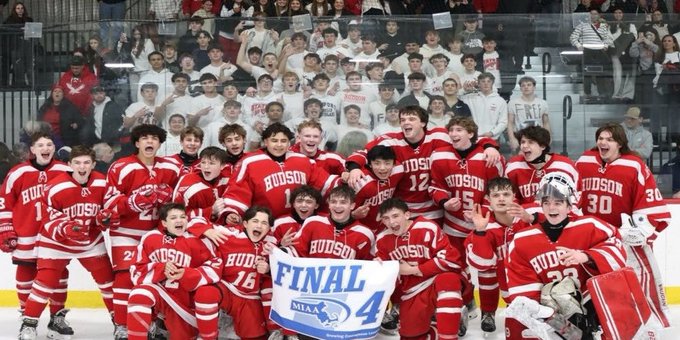by Sophia Togneri
On April 5, social studies teacher Caitlin Murphy won the William Spratt Award for Excellence in Teaching Secondary Social Studies.
The Massachusetts Council for the Social Studies, a non-profit organization that supports social studies teachers throughout the state, gives awards to who they believe is the best teacher in every social studies topic. Though Murphy has been praised by the school community for her work for winning this prestigious award, she had a different reaction.
“To be honest, I’m really embarrassed by it,” Murphy explained. “I observe my colleagues in the building working incredibly hard, so I feel a little bit uncomfortable to be singled out as doing something different because I see lots of people around me really, really committed to students and really committed to student learning.”
For Murphy the class is all about the students and what they can get out of the class. She believes that all of her surrounding peers, including herself, have a similar goal every day in the classroom. They want to teach to the best of their ability and educate their students in a way that matters to them. She doesn’t believe that it’s her that makes her classes engaging and fun for the students; it’s the students themselves.
“Her whole focus is on the kids,” English teacher Julie McMaster said. “It’s not so much about anything that she does. In her ideal world she sees herself as facilitating other people doing great things, and she doesn’t always realize that part of facilitating other people doing great things is also doing great things yourself.”
English and Social Studies Curriculum Director Todd Wallingford nominated Murphy for the award for her work to get students engaged in the community and doing service learning with her class.
One of the activities is the exchange program with Boston Day and Evening academy in Roxbury. Every year in October, she takes about 30 students from her sociology classes, and in return around February, 30 students from Roxbury come here.
“It’s been a great opportunity to have suburban students meet urban students and get a better sense of their life and their experiences and vice versa,” Murphy explained. “I think that has been very eye opening, not only for the students’ understanding of the content in sociology, but it really gets them out in the world and opening their eyes to other experiences and realizing that other people have had different lives and different experiences than their own.”
At the moment Murphy teaches all social studies electives: sociology, contemporary legal issues, ethics, and conflict resolution.
Murphy’s conflict resolution class also connects their classwork to their local community. In class, they created a lesson about conflicts and how to create win/win solutions from them. They then went to Farley Elementary School and taught the lesson to fourth grade classes.
“Teaching the fourth graders helped me understand how resolving a conflict needs to be shown,” said Megan Leahy, a ninth grade student in conflict resolution. “It helped really understand how we need to teach younger generations to resolve problems the proper way to help them later in life.”
Conflict resolution also offers peer mediation; students throughout the school who are in a disagreement can talk to each other and to a peer mediator to find win/win solutions to the issue. The students created short videos that show teachers having a conflict that peer mediation could help.
Murphy’s goal every day in class is to get students to think critically about their everyday lives and to look at every perspective in situations. These class activities reinforce those ideas for them.
“There are constantly kids coming back years later that go out into the world and still hold onto things that she’s taught,” McMaster explained. “It’s not a specific idea or topic. It’s more about caring what’s going on and trying to make a difference.”
That is all that Murphy wants her class to do, teach students about topics that matter to them. She does not care about the awards that she wins or the recognition that she gets. She wants to make a difference in her students’ lives, to create a learning environment where students can voice their opinion and are engaged in their learning.
“The award was a recognition that that type of teaching is valued. It’s not all just about tests and data and content,” Murphy said. “It’s also about giving students really meaningful experiences.”
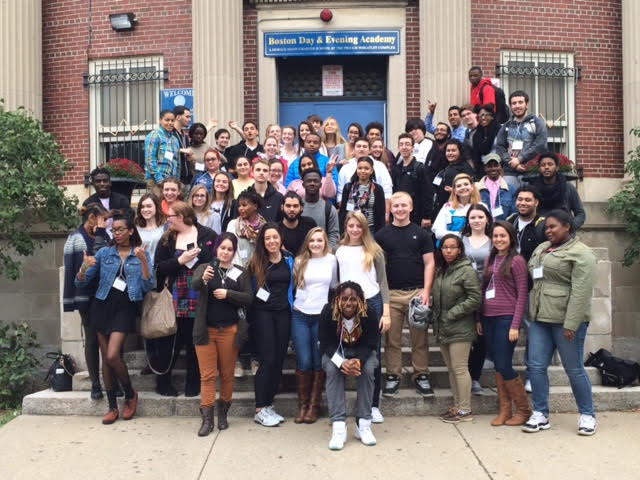
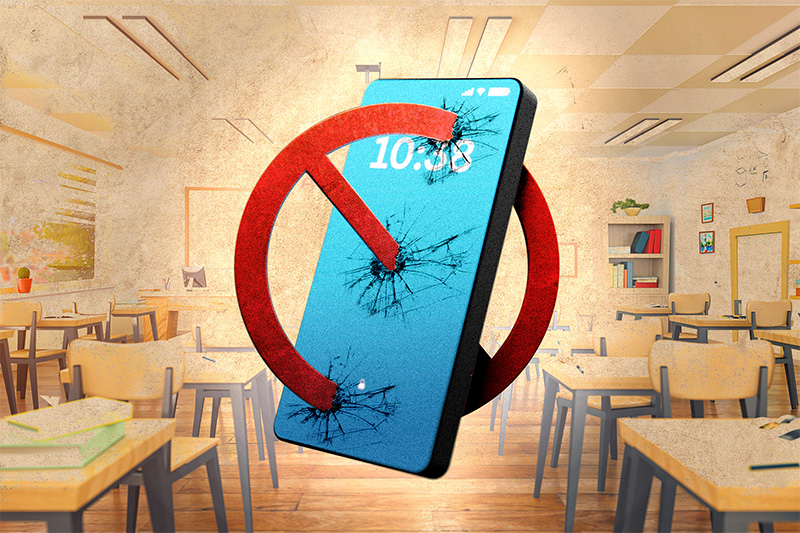
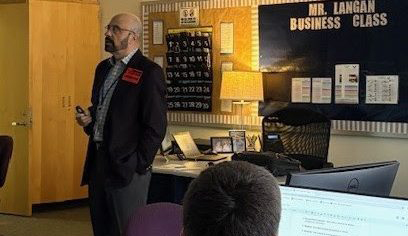
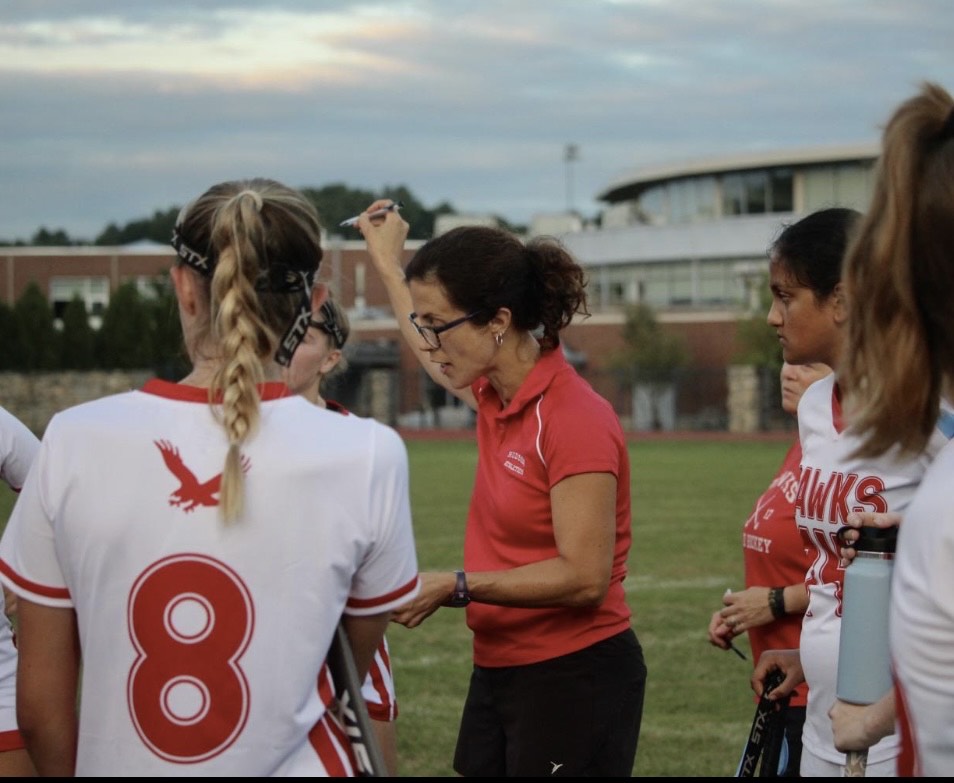
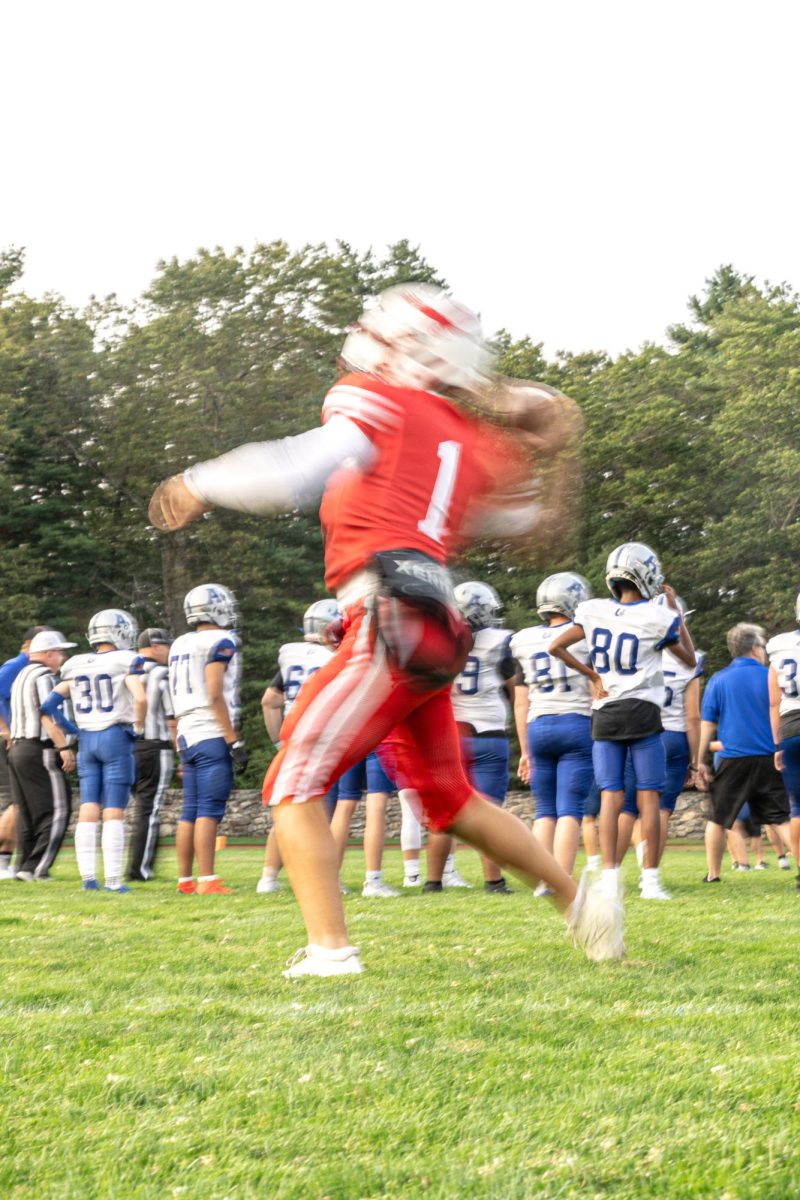
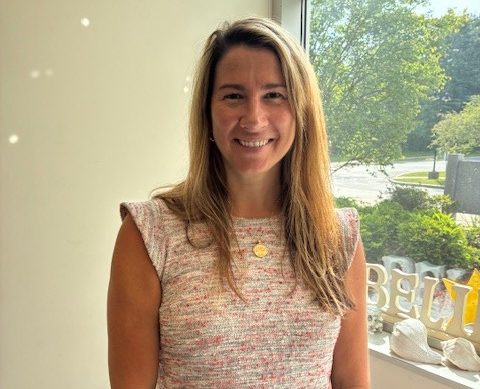
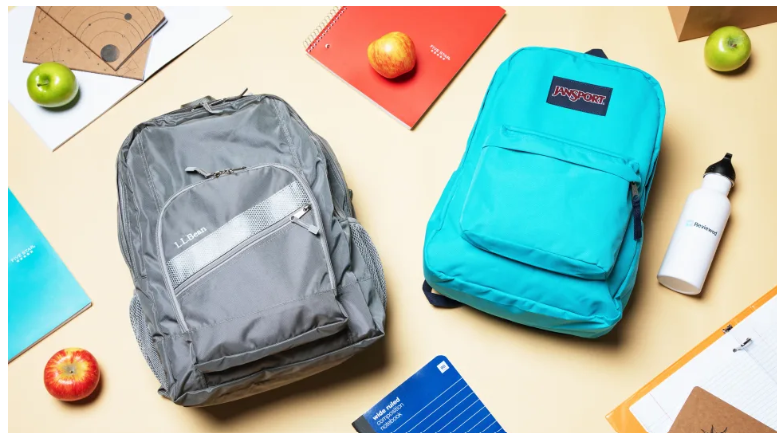
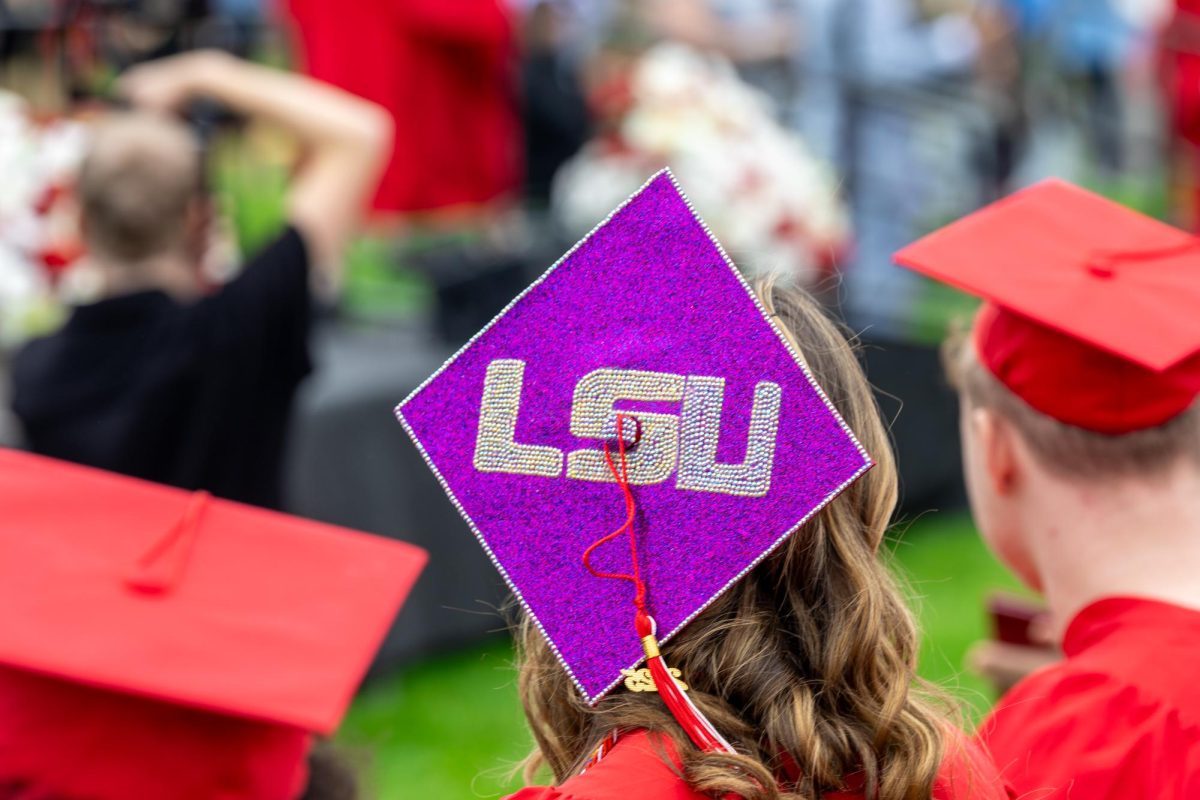
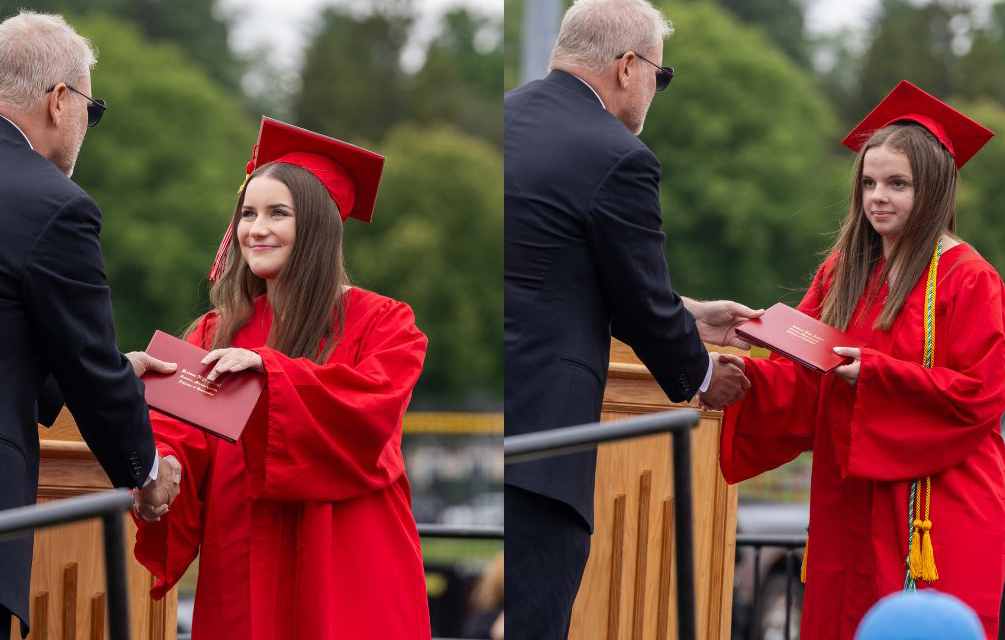
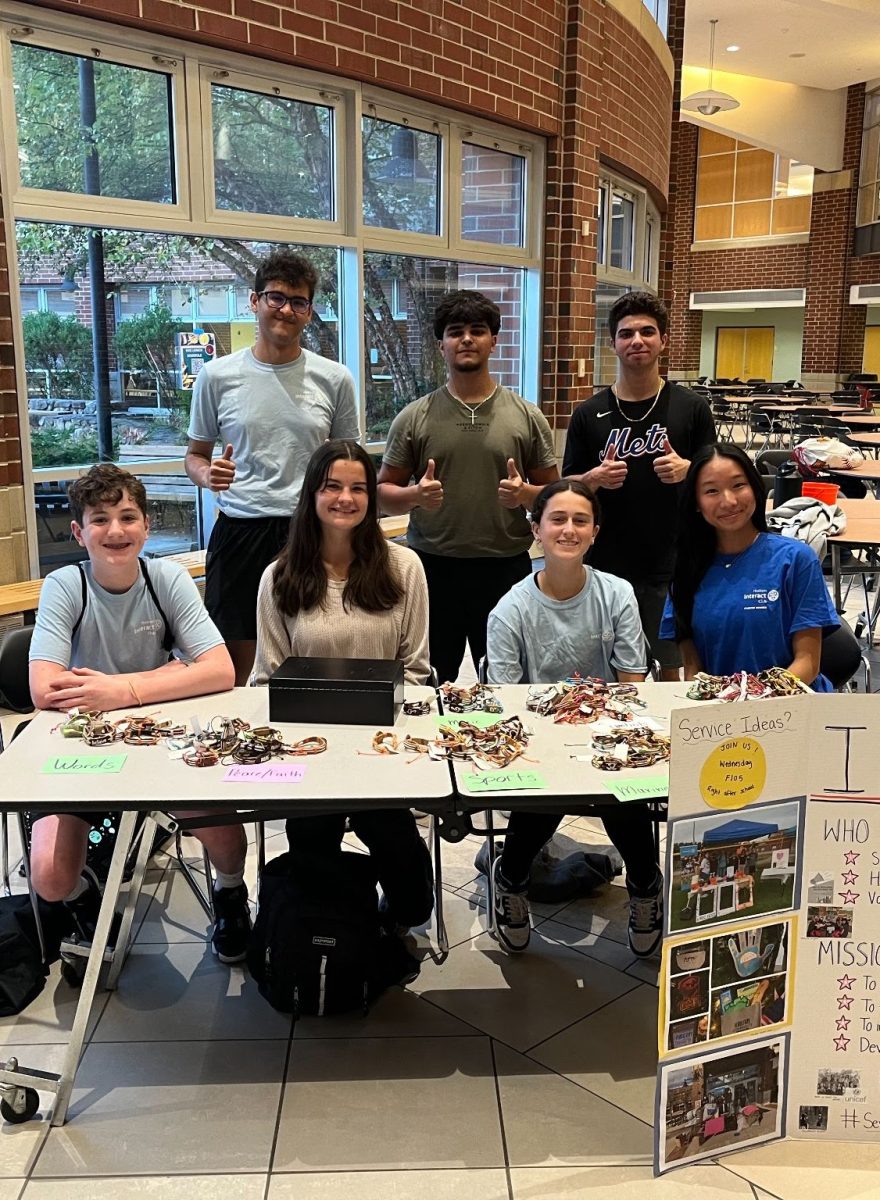
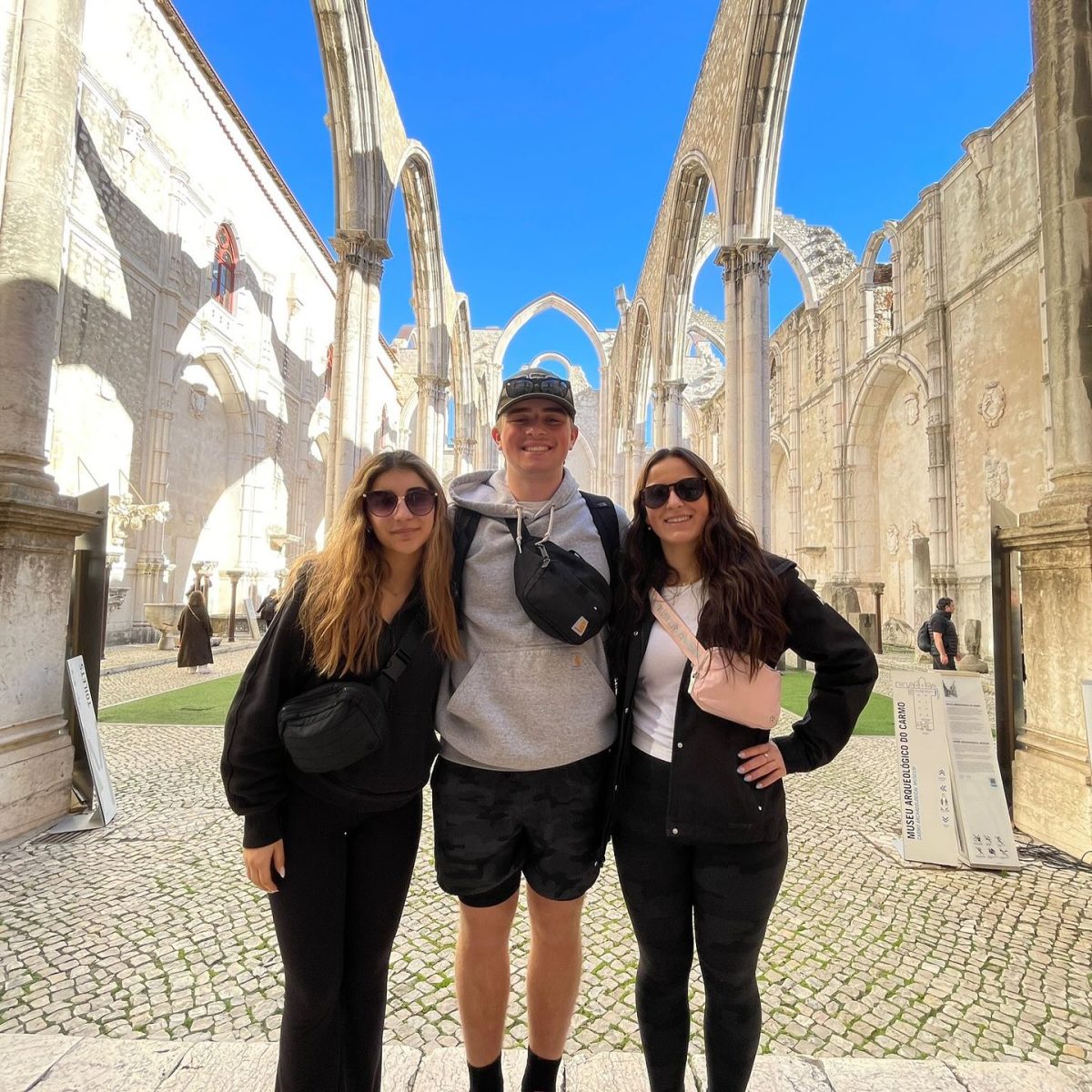

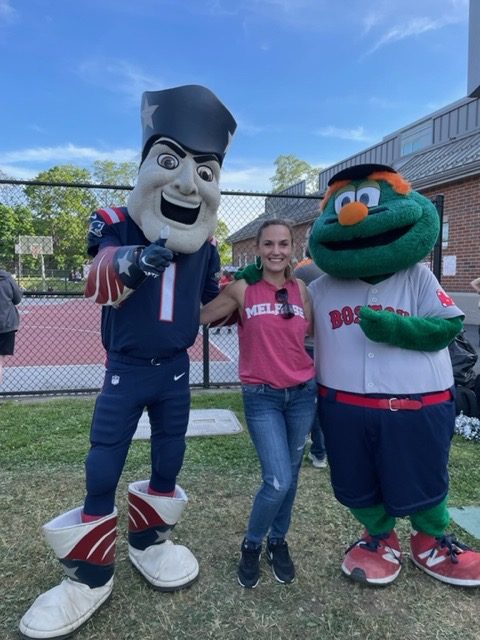
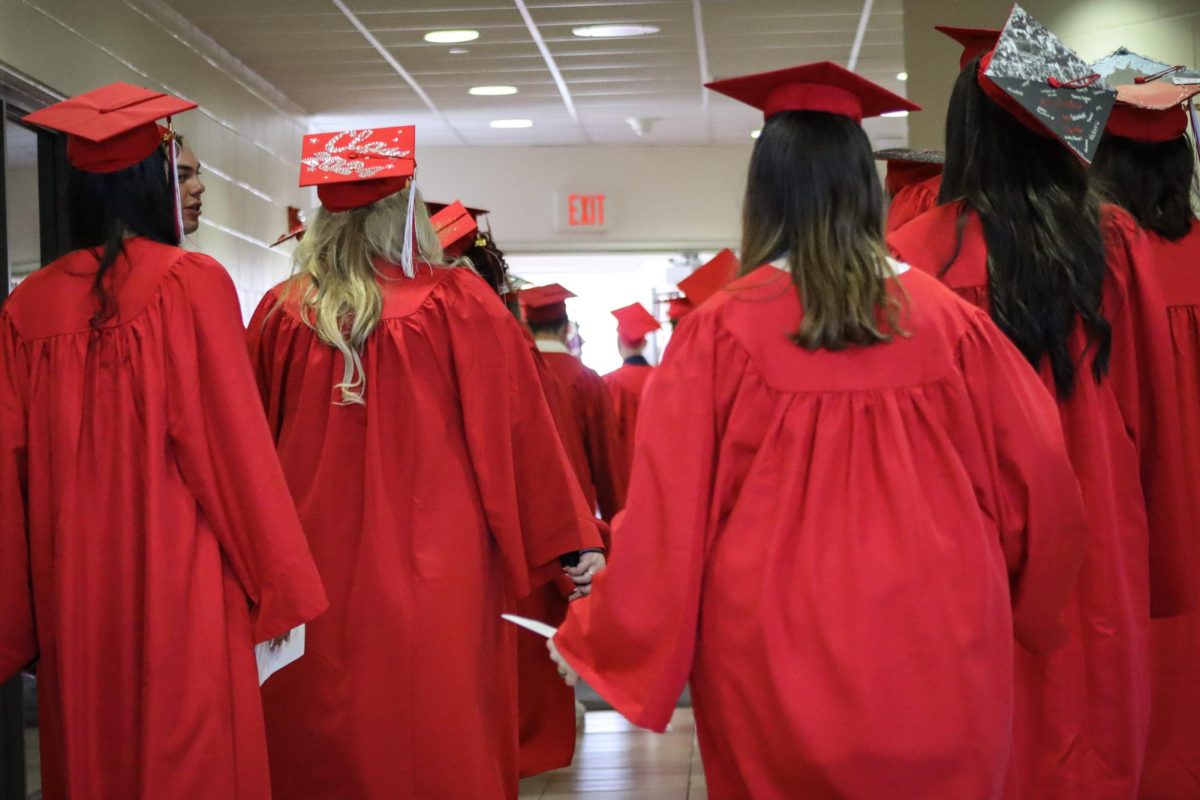
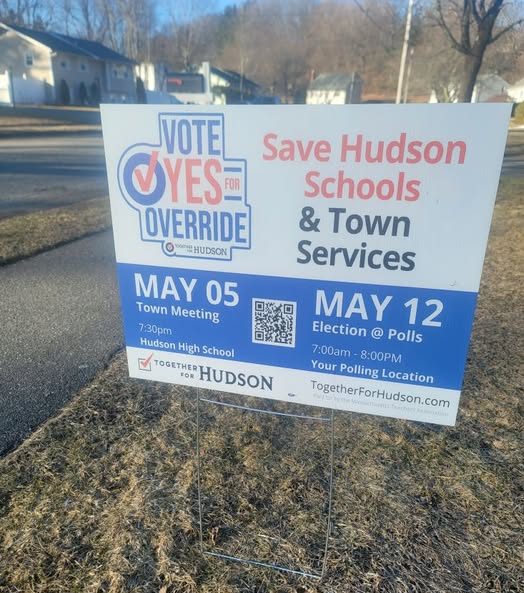
![Brazil's Neymar walks onto the pitch during his debut for Santos FC in a Sao Paulo league football match against Botafogo, in Santos, Brazil, Wednesday, February 5, 2025 [Andre Penner/AP]](https://bigredhawks.com/wp-content/uploads/2025/04/Neymar-is-Back-e1743558992671.jpg)

